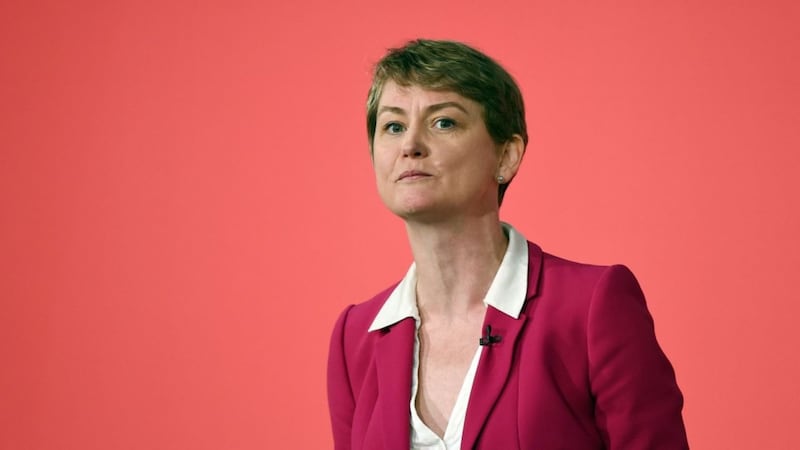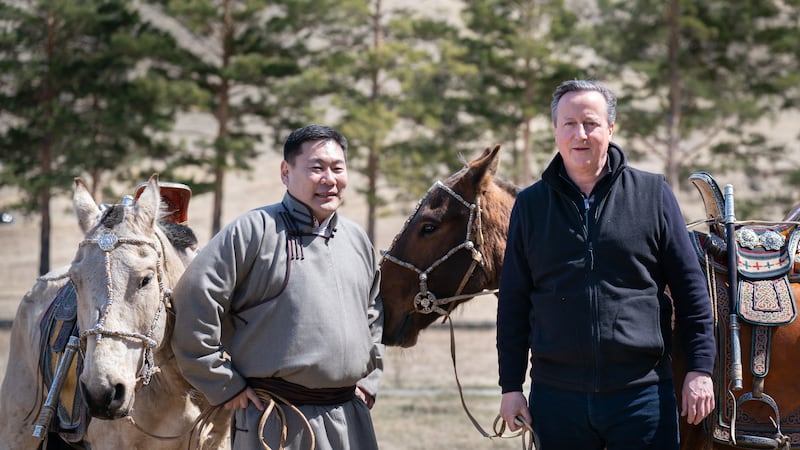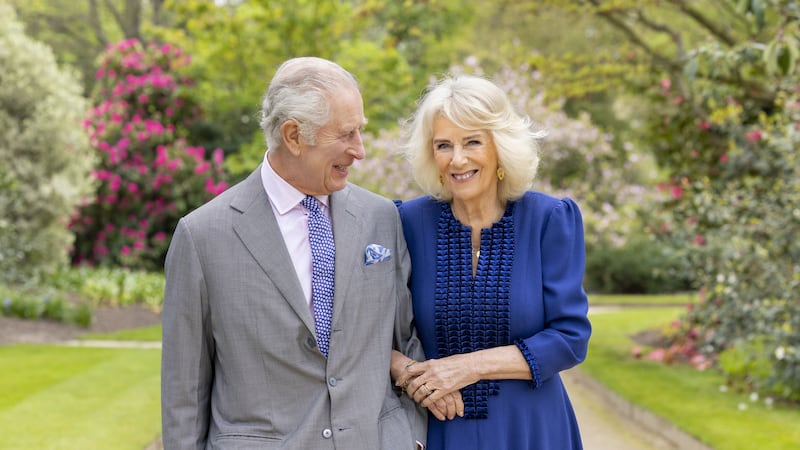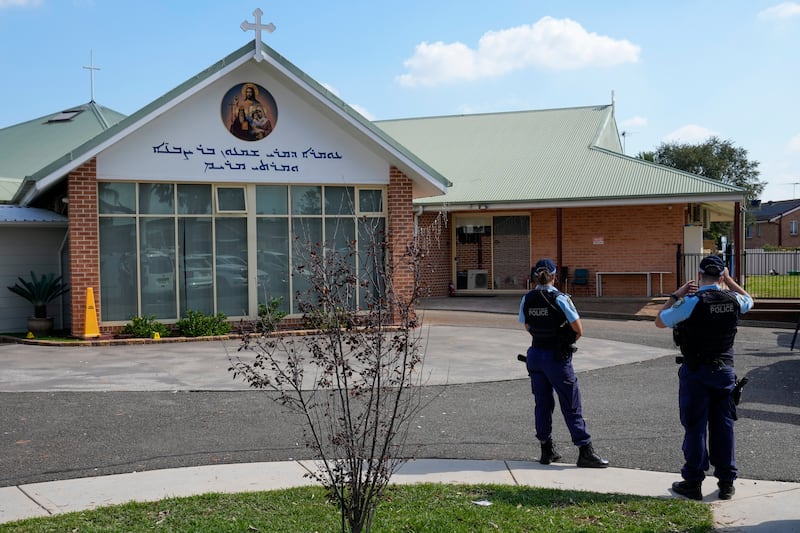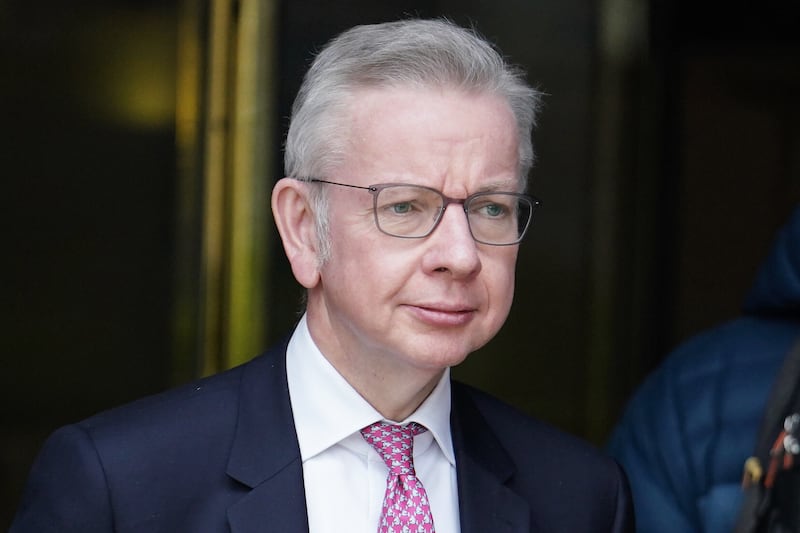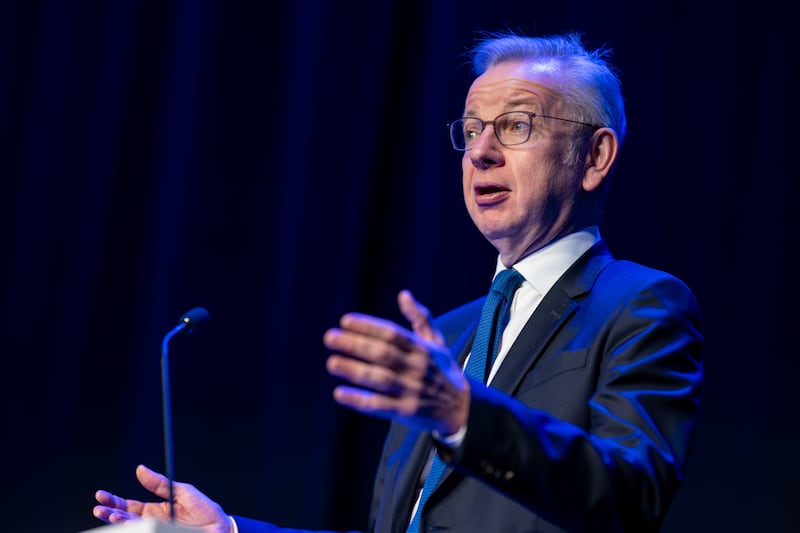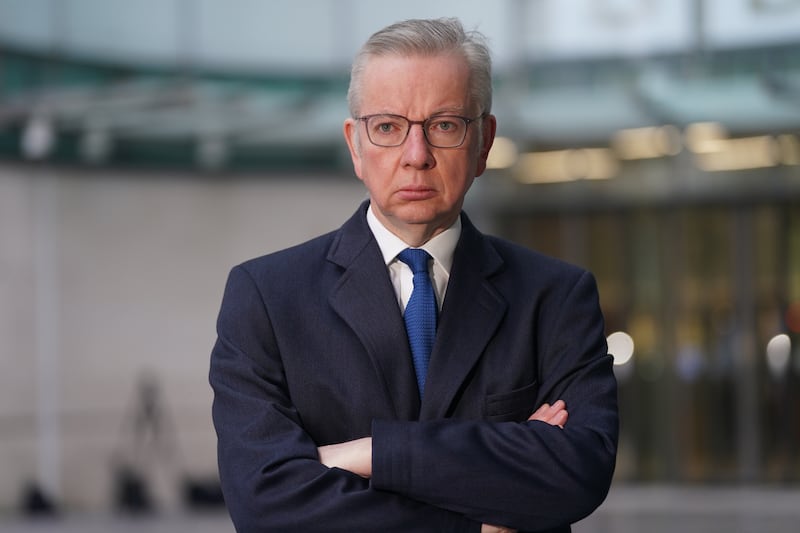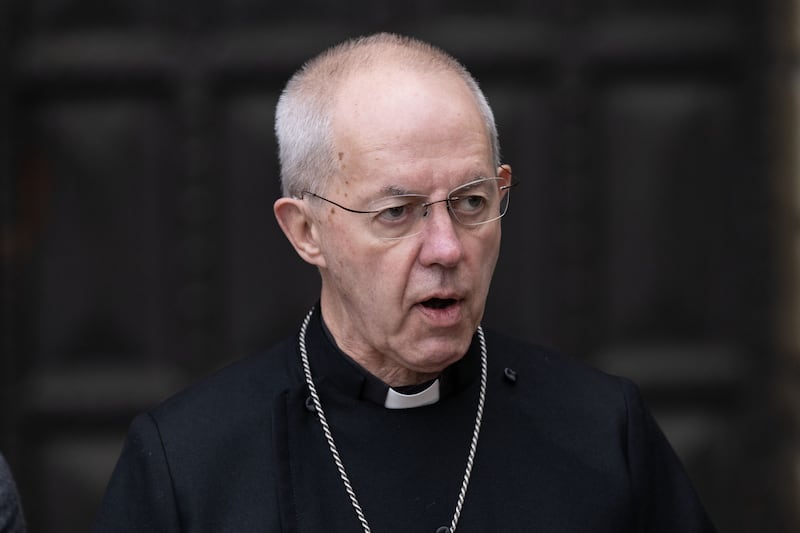Google’s apology over Government adverts appearing alongside extremist content “doesn’t go far enough”, chair of the Home Affairs Select Committee Yvette Cooper has said.
The technology firm’s Matt Brittin had told a conference earlier on Monday that “I want to start by saying sorry” and that the company must “take responsibility” over the issue which saw tax-payer funded Government adverts appear alongside extremist material on the YouTube video platform.
However, Labour MP Cooper said in response that the internet company still has questions to answer over the incident.
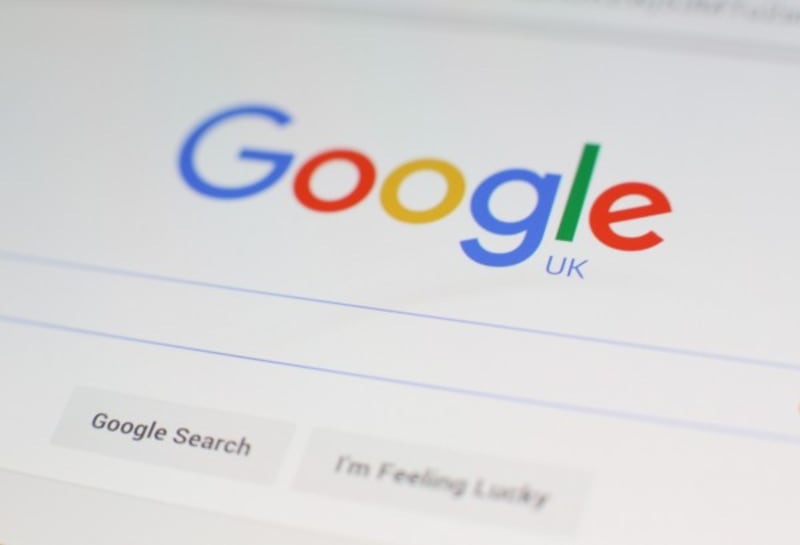
“They are right to apologise for failing to stop extremists making profits from hatred, and for making profits themselves from advertising on these videos,” she said.
“They need to say whether they will be paying back any of that advertising revenue. And to answer our questions on what more they are doing to root out extremism or illegal activity on YouTube. Because they are still failing to do enough to remove illegal or hate filled content from YouTube.”
Google’s advertising network uses an automatic filtering system which places adverts onto videos posted to YouTube as well onto pages of other websites.
The Cabinet Office, along with major brands including Marks and Spencer – as well as The Guardian and BBC – has confirmed it has temporarily suspended advertising with Google as a result of the issue.
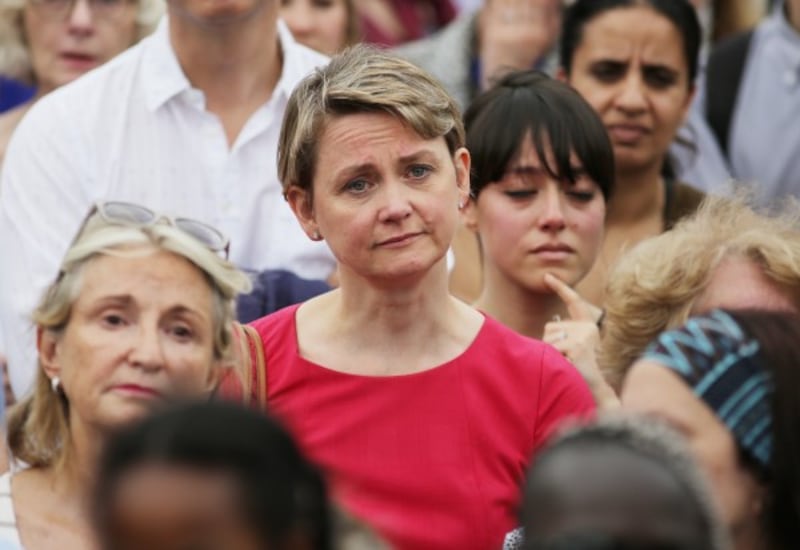
Google admitted last week that in “a very small percentage of cases, ads appear against content that violates our monetisation policies” and that it “must do more” to improve its system, which it says is now under review.
However Cooper said more action was still required.
“They still don’t seem to have woken up to the seriousness and toxicity of some of the videos they are still hosting and their own responsibility to deal with that,” she said.
“It isn’t enough for Google to respond only when their advertising revenues take a hit. They are one of the biggest and most powerful companies on the planet.
“They can afford to do far more, far faster to deal with illegal and hate filled content online.”
